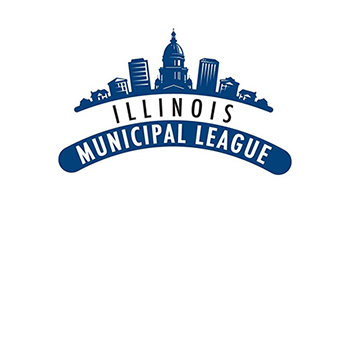The Illinois Municipal League and state business leaders called on the Illinois Department of Commerce and Economic Opportunity to loosen restrictions to allow municipalities and local units of government to receive federal money to support economic stimulus during the COVID-19 pandemic. IML Executive Director Brad Cole says that the current rules set up by DCEO goes against the rules set forth by Congress when the CARES Act was passed several months ago: “The General Assembly did adopt the Local CURE program, and within the legislation that was approved, it stipulates that the support to local governments is in accordance with the federal CARES Act guidance – which means the federal guidance which is broader than the state guidance. The General Assembly did allow the state Department of Commerce to implement rules, but there is no reason why the state should implement rules that are more restrictive than the federal guidelines.”
DCEO recently filed rules with the Joint Commission on Administrative Rules that would prevent economic development expenditures from being eligible for reimbursement. Cole says those restrictions would further put a strain on businesses that are struggling to survive, especially for suburban and downstate businesses who did not receive any direct CARES Act funding. The Illinois Retail Merchants Association and the Illinois Manufacturers’ Association joined IML in opposition to DCEO’s restrictions.
DCEO says that its $636 million Business Interruption Grant program is going online on August 1st and the Local Coronavirus Urgent Remediation Emergency (Local CURE) Support Program is set to deploy $250M in Federal money will address the issue raised by local governments. Cole says the restrictions for both programs are still the heart of the problem for local businesses and units of government: “We’re not asking for the money to do with as we please. We are asking to have the funds, and be able to use them in accordance with the federal guidelines, which is what the state is doing with the funds. What we are objecting to is the state is telling local governments they cannot use them in accordance with the federal guidelines, meaning their being too restrictive. At the same time, the state is not restricting its use. The federal government allocated funding to help communities. That has to pass through the state to local government. The state is using all of their resources in accordance with the full scope of the federal guidelines, and they are telling local governments that they cannot use funds within the full scope of the federal guidelines. That is what doesn’t make sense.”
Cole says local businesses and governments are the closest to people and know how and where to best spend the federal funds: “The issue is that local officials know their communities best, and I think residents and business owners in any community would rather have their local elected officials handling these dollars and distributing them within their community instead of letting someone with the state make those decisions. The reality is, the state might reallocate those funds or use them for things that are not necessary in a community. When left up to a business owner or a resident on who they would prefer these dollars that have been approved by Congress, I’m pretty sure they would rather have their local officials rather than state officials making that decision.”
DCEO contends that the Local CURE program sought the input from groups like IML to fairly distribute funds to cover costs for businesses and local governments for COVID-19 response; and the BIG program funds will go directly to businesses. Jordan Abudayyeh, Press Secretary for Governor J.B. Pritzker, said in a statement released to Capitol Fax that the governor’s office maintains economic development and support of local government as the administration’s top priorities during the COVID-19 pandemic.




